In today’s fast-paced and demanding world, stress and anxiety have become common companions for many. Whether it’s due to work pressures, personal challenges, or the constant stream of information bombarding us, managing stress is crucial for maintaining overall well-being. Fortunately, there are various effective strategies that can help alleviate stress and anxiety. In this article, we’ll explore 10 proven methods and effective ways to reduce stress and anxiety to promote a more balanced and calm life.
Some Effective Ways to Reduce Stress and Anxiety
1. Mindfulness Meditation
Mindfulness meditation has gained widespread recognition for its positive impact on mental health. This ancient practice involves focusing on the present moment without judgment. By cultivating mindfulness, individuals can break the cycle of worry and rumination, leading to reduced stress levels. Regular meditation, even if just for a few minutes a day, can enhance self-awareness and promote a sense of calm.
2. Deep Breathing Exercises
 Simple yet powerful, deep breathing exercises can quickly shift the body from a stress response to a relaxed state. Techniques like diaphragmatic breathing, where you inhale deeply through your nose, allowing your abdomen to expand, and exhale slowly through your mouth, can activate the body’s relaxation response. Incorporating deep breathing into your daily routine can be one of the effective ways to reduce stress and anxiety.
Simple yet powerful, deep breathing exercises can quickly shift the body from a stress response to a relaxed state. Techniques like diaphragmatic breathing, where you inhale deeply through your nose, allowing your abdomen to expand, and exhale slowly through your mouth, can activate the body’s relaxation response. Incorporating deep breathing into your daily routine can be one of the effective ways to reduce stress and anxiety.
3. Regular Exercise
Physical activity is not only essential for maintaining good physical health but also plays a crucial role in managing stress and anxiety. Exercise releases endorphins, the body’s natural mood lifters, and helps reduce the production of stress hormones. Whether it’s a brisk walk, a workout at the gym, or a yoga session, finding an activity you enjoy can significantly contribute to stress reduction.
4. Healthy Lifestyle Choices
Making conscious lifestyle choices can have a profound impact on stress levels. Adequate sleep, a balanced diet, and limiting the consumption of stimulants like caffeine and nicotine are vital for overall well-being. Establishing a consistent sleep routine and adopting a nutritious diet that includes fruits, vegetables, and whole grains can provide the body with the necessary resources to cope with stress.
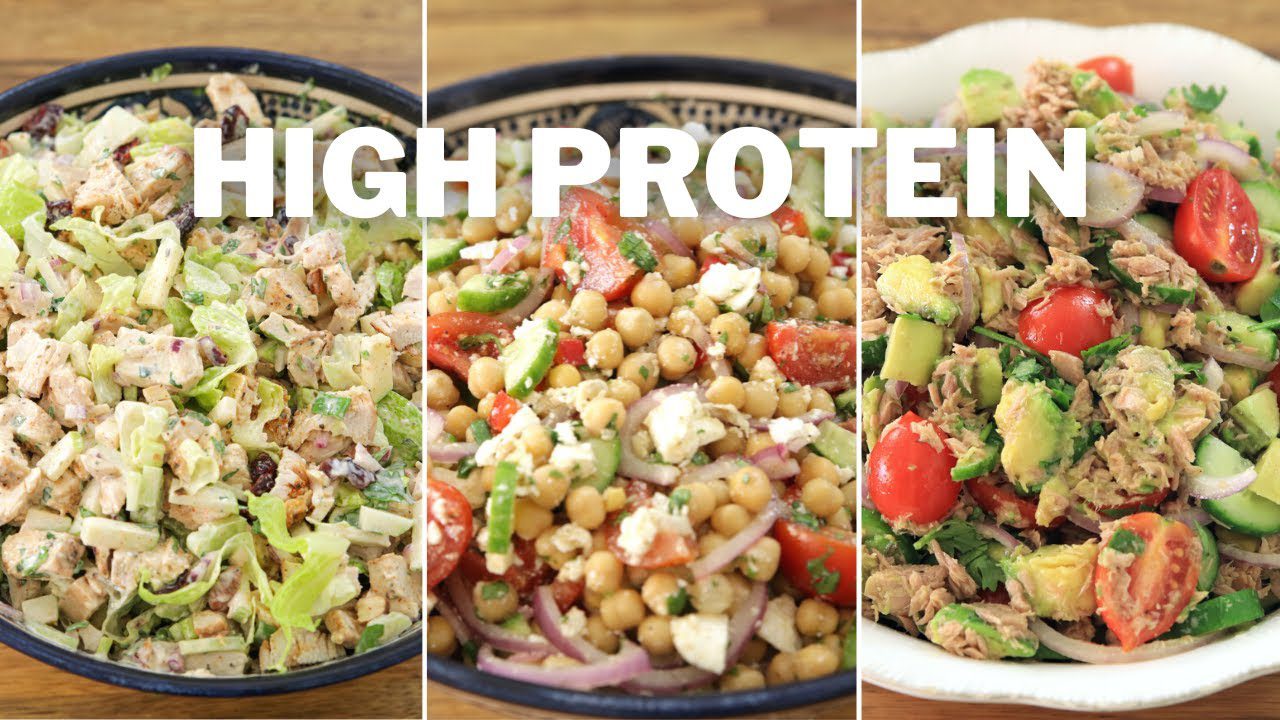
5. Social Connections
Human connection is a powerful antidote to stress and anxiety. Spending time with friends and loved ones, whether in person or virtually, provides emotional support and a sense of belonging. Sharing thoughts and feelings with others can help put problems into perspective and offer different viewpoints. Strong social connections act as a buffer against the negative effects of stress.
6. Time Management
Effective time management is a key component of stress reduction. Prioritizing tasks, breaking them into smaller, manageable steps, and setting realistic goals can prevent feeling overwhelmed. Learning to say no when necessary and delegating tasks can help create a more balanced and manageable workload, reducing stress levels in the long run.
7. Mind-Body Techniques
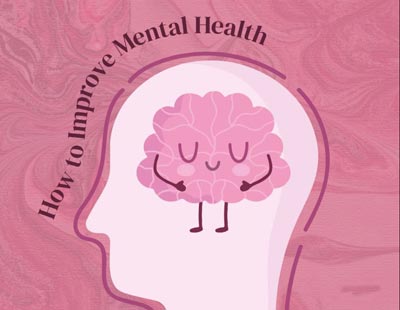 Mind-body techniques, such as progressive muscle relaxation and biofeedback, focus on the connection between the mind and body. These approaches involve becoming more aware of physical sensations and learning to control them. By practicing these techniques, individuals can enhance their ability to relax, leading to a reduction in stress and anxiety.
Mind-body techniques, such as progressive muscle relaxation and biofeedback, focus on the connection between the mind and body. These approaches involve becoming more aware of physical sensations and learning to control them. By practicing these techniques, individuals can enhance their ability to relax, leading to a reduction in stress and anxiety.
8. Cognitive Behavioral Therapy (CBT)
Cognitive Behavioral Therapy is a widely used therapeutic approach that helps individuals identify and change negative thought patterns. By challenging irrational beliefs and developing healthier cognitive patterns, CBT can be highly effective in managing stress and anxiety. Working with a trained therapist can provide valuable tools and strategies to navigate challenging situations.
9. Expressive Writing
Expressive writing involves putting thoughts and feelings into words on paper. This simple yet cathartic practice allows individuals to explore and process their emotions. Research suggests that expressive writing can lead to improved emotional well-being and reduced stress levels. Taking a few minutes each day to journal thoughts and emotions can be a helpful tool in managing stress.
10. Nature and Relaxation Techniques
Spending time in nature has been linked to numerous mental health benefits. Whether it’s a walk in the park, a hike in the mountains, or simply sitting in a garden, nature can have a calming effect on the mind. Additionally, relaxation techniques such as listening to music, practicing aromatherapy, or enjoying a warm bath can provide moments of tranquility and help alleviate stress.
Frequently Asked Questions (FAQs) on Stress and Anxiety Reduction:
1. What is mindfulness meditation, and how can it help reduce stress and anxiety?
– Mindfulness meditation is a practice that involves being present in the moment without judgment. It can help break the cycle of worry and rumination, leading to reduced stress levels by promoting self-awareness and calm.
2. How do deep breathing exercises contribute to stress reduction?
– Deep breathing exercises, like diaphragmatic breathing, activate the body’s relaxation response, shifting from a stress state to a relaxed state. They provide a quick and effective way to manage anxiety by promoting a sense of calm.
3. Why is regular exercise recommended for stress management?
– Regular exercise releases endorphins, the body’s natural mood lifters, and helps reduce the production of stress hormones. Engaging in physical activity, whether through walking, workouts, or yoga, is crucial for managing stress and anxiety.
4. What lifestyle choices contribute to stress reduction?
– Healthy lifestyle choices, including adequate sleep, a balanced diet, and limiting stimulants like caffeine and nicotine, play a vital role in managing stress. Establishing consistent sleep patterns and adopting nutritious eating habits are key components.
5. How do social connections help in alleviating stress and anxiety?
– Human connection provides emotional support and a sense of belonging, acting as a powerful antidote to stress. Spending time with friends and loved ones, whether in person or virtually, allows for sharing thoughts and feelings, reducing stress levels.
6. How can time management contribute to stress reduction?
– Effective time management involves prioritizing tasks, setting realistic goals, and breaking tasks into manageable steps. Learning to say no when necessary and delegating tasks can prevent feeling overwhelmed, leading to a more balanced workload.

7. What are mind-body techniques, and how do they impact stress and anxiety?
– Mind-body techniques, such as progressive muscle relaxation and biofeedback, focus on the connection between the mind and body. By becoming more aware of physical sensations and learning to control them, individuals can enhance their ability to relax and reduce stress.
8. What is Cognitive Behavioral Therapy (CBT), and how does it help in stress management?
– Cognitive Behavioral Therapy is a therapeutic approach that helps individuals identify and change negative thought patterns. By challenging irrational beliefs and developing healthier cognitive patterns, CBT can be highly effective in managing stress with the guidance of a trained therapist.
9. How does expressive writing contribute to emotional well-being and stress reduction?
– Expressive writing involves putting thoughts and feelings into words on paper, helping individuals explore and process their emotions. Research suggests that this practice can lead to improved emotional well-being and reduced stress levels.
10. Why is spending time in nature and practicing relaxation techniques recommended for stress relief?
– Nature has been linked to numerous mental health benefits, providing a calming effect on the mind. Relaxation techniques, such as listening to music or practicing aromatherapy, offer moments of tranquility and contribute to stress alleviation.
Conclusion
In the quest for a balanced and fulfilling life, it’s essential to prioritize mental well-being. Incorporating these 10 effective ways to reduce stress and anxiety into your daily routine can contribute to a healthier and more resilient mindset. Remember that everyone is unique, so experimenting with different strategies and finding what works best for you is key. By making intentional choices and adopting a proactive approach to stress management, you can create a foundation for a more peaceful and harmonious life.
Folow us on : Instagram

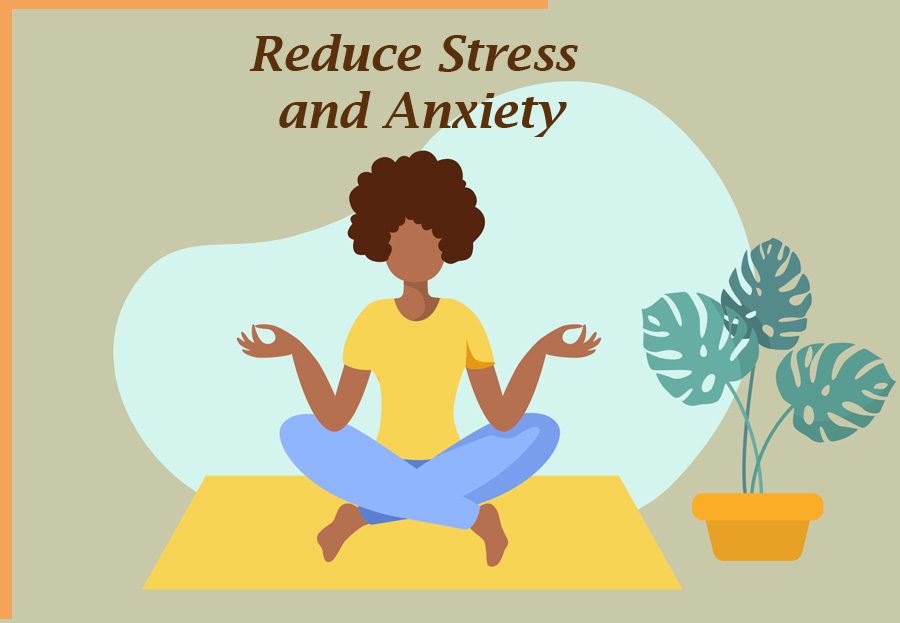

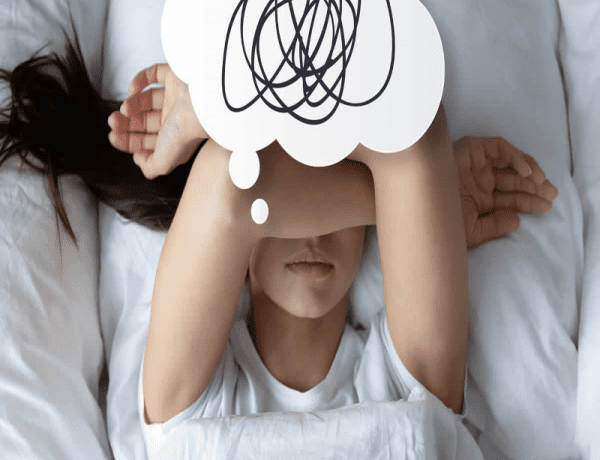
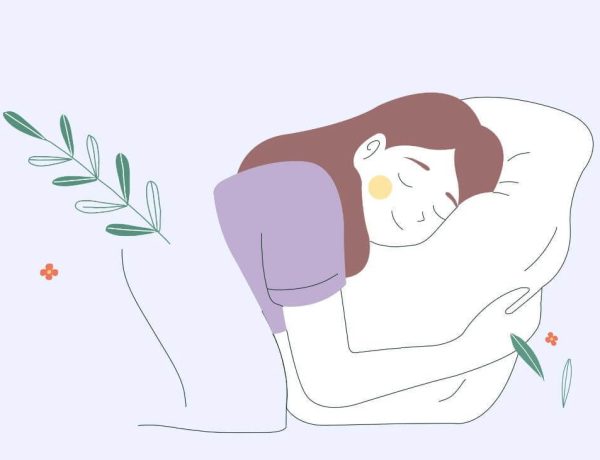







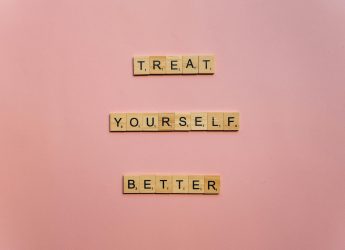





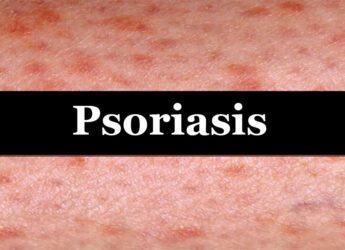





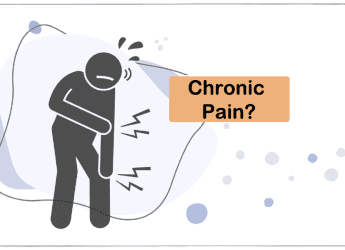
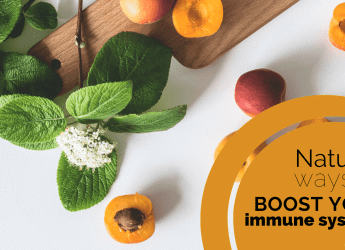


No Comments